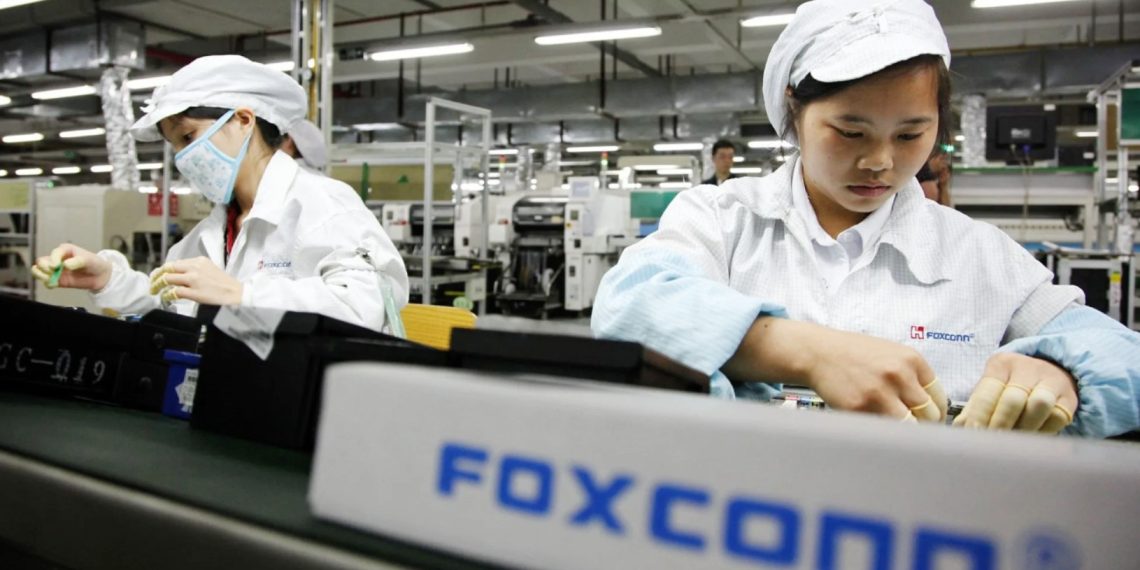Factories rely on a stable power supply to maintain uninterrupted operations. While most factories connect to the local electrical grid, some opt for their own power generation systems to ensure a reliable energy supply. Foxconn and Samsung factories in Vietnam have recently experienced power outages, shedding light on the importance of a dependable energy source for industrial production.
The Energy Crisis in Vietnam:
Vietnam is currently facing an energy crisis caused by various factors, including soaring electricity consumption, extreme heat, and decreasing water levels in hydropower stations. As a result, the country has implemented rolling blackouts, severely impacting major factories in the northern provinces of Bac Ninh and Bac Giang. Industry giants like Samsung, Foxconn, Canon, and Luxshare have been affected, experiencing disruptions in their production capacity.
Requests to Reduce Energy Usage:
In response to the energy crisis, the Vietnam Electricity Company has contacted companies like Foxconn and Samsung, urging them to adjust their operational schedules or reduce electricity usage during peak hours. These requests aim to alleviate strain on the power grid and mitigate the impact of the power outages on industrial operations.
Foxconn’s Resilience and Future Plans:
Despite the challenges posed by the power cuts, Foxconn has managed to maintain normal operations. However, the company recognizes the need for a more sustainable and reliable energy solution. As a proactive measure, Foxconn has announced plans to construct its own power plant in 2024. This strategic move will grant the company greater control over its energy supply, ensuring uninterrupted operations in the face of energy challenges.
The Significance of Reliable Power Supply:
The power outages experienced by Foxconn and Samsung factories in Vietnam serve as a reminder of the critical importance of a reliable energy supply for industrial production. Reliance on external power grids can make factories vulnerable to disruptions, impacting productivity and causing financial losses. Investing in dedicated power generation systems, such as renewable energy sources or internal power plants, offers companies greater control over their energy supply, reducing dependence on the grid and increasing operational resilience.
Navigating Energy Challenges:
The energy crisis in Vietnam prompts companies to explore sustainable solutions and consider investing in their own power generation systems. By adopting renewable energy sources or constructing dedicated power plants, factories can enhance their operational stability and minimize the impact of external factors, such as power outages or grid unreliability. These proactive measures not only ensure uninterrupted operations but also contribute to a more sustainable and resilient industrial sector.
Conclusion:
The recent power outages affecting Foxconn and Samsung factories in Vietnam highlight the significance of a reliable energy supply for industrial production. The energy crisis serves as a catalyst for companies to assess their energy strategies and invest in solutions that offer greater control and stability. By embracing sustainable practices and establishing dedicated power generation systems, factories can navigate energy challenges and secure their operations in an increasingly energy-deficient future.













































































































































































